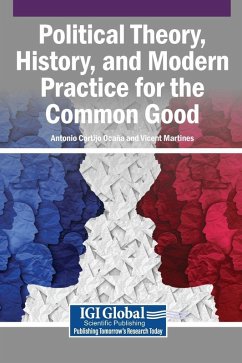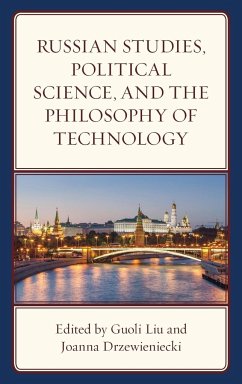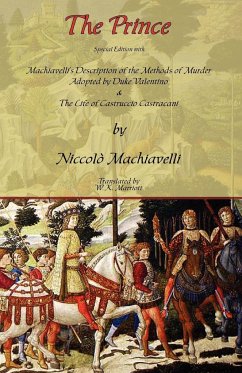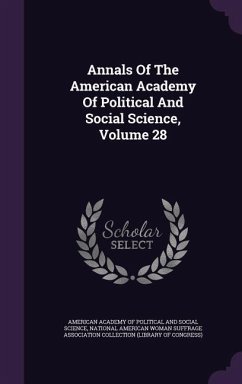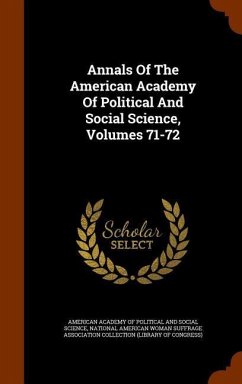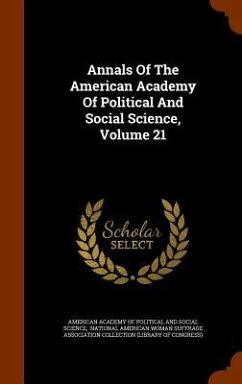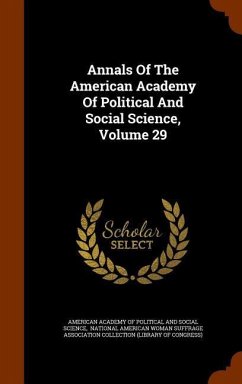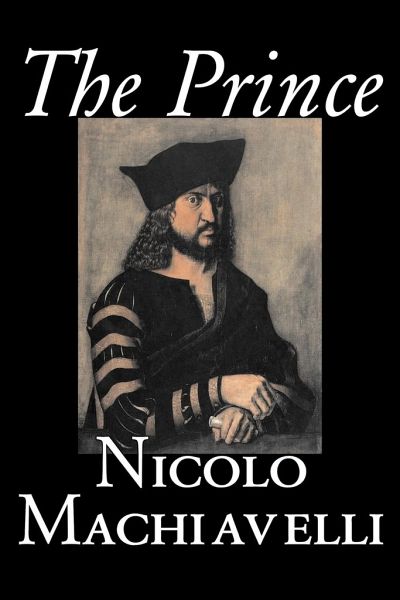
The Prince by Nicolo Machiavelli, Political Science, History & Theory, Literary Collections, Philosophy
Versandkostenfrei!
Versandfertig in 1-2 Wochen
14,99 €
inkl. MwSt.

PAYBACK Punkte
7 °P sammeln!
"Machiavellianism" is a widely used negative term to characterize unscrupulous politicians of the sort Machiavelli described most famously in The Prince. The Catholic Church banned The Prince. Humanists also viewed the book negatively. As a treatise, its primary intellectual contribution to the history of political thought is the fundamental break between political realism and political idealism, due to it being a manual on acquiring and keeping political power. "Those who strive to obtain the good graces of a prince are accustomed to come before him with such things as they hold most precious...
"Machiavellianism" is a widely used negative term to characterize unscrupulous politicians of the sort Machiavelli described most famously in The Prince. The Catholic Church banned The Prince. Humanists also viewed the book negatively. As a treatise, its primary intellectual contribution to the history of political thought is the fundamental break between political realism and political idealism, due to it being a manual on acquiring and keeping political power. "Those who strive to obtain the good graces of a prince are accustomed to come before him with such things as they hold most precious, or in which they see him take most delight; whence one often sees horses, arms, cloth of gold, precious stones, and similar ornaments presented to princes, worthy of their greatness. Desiring therefore to present myself to your Magnificence with some testimony of my devotion towards you, I have not found among my possessions anything which I hold more dear than, or value so much as, the knowledge of the actions of great men, acquired by long experience in contemporary affairs, and a continual study of antiquity; which, having reflected upon it with great and prolonged diligence, I now send, digested into a little volume, to your Magnificence." (From the author's dedication to "To the Magnificent Lorenzo Di Piero De' Medici.") The Prince was in direct conflict with the dominant Catholic and scholastic doctrines of the time concerning how to consider politics and ethics.






